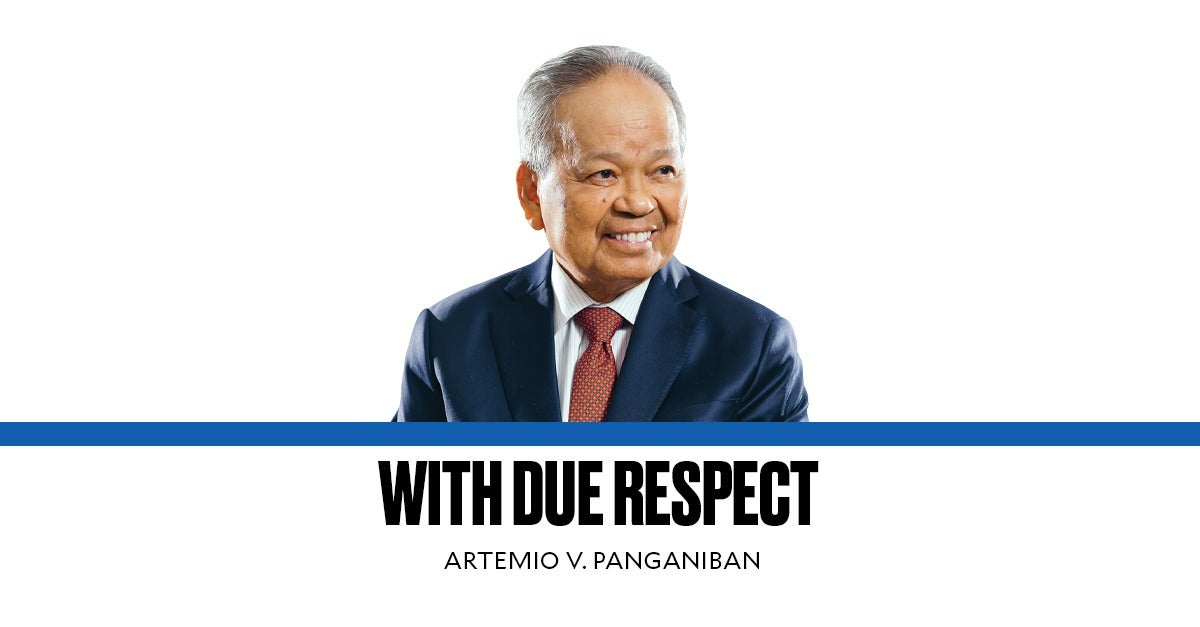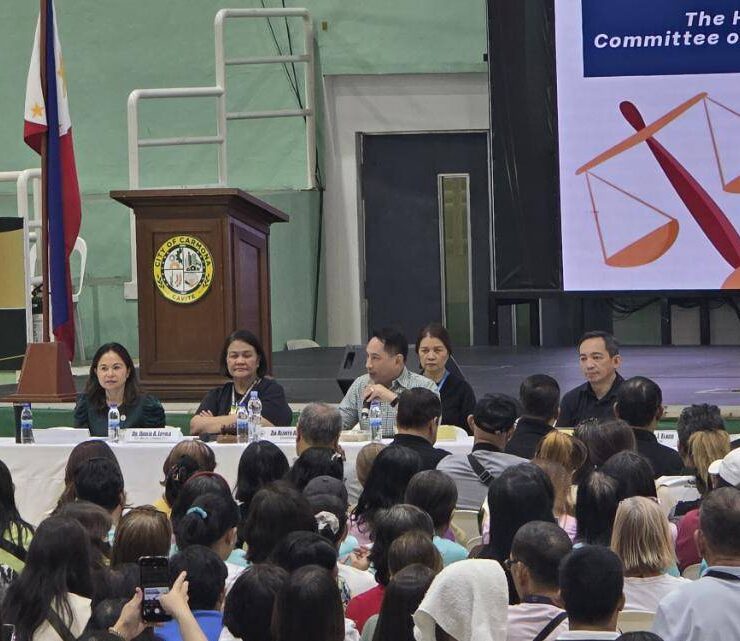Good start: Remulla opens SALNs

Fulfilling his commitments, new Ombudsman (OMB) Jesus Crispin “Boying” Remulla issued his “MEMORANDUM CIRCULAR NO. 3, Series of 2025” (OMB MEMO), opening to the public—subject to certain procedural guidelines—the sworn statements of assets, liabilities, and net worth (SALNs) of all government officials filed with his office. Though his consent is not required by law, President Marcos readily agreed to the release of his SALN. And so did several lawmakers.
THE CONSTITUTION, THE ETHICAL STANDARDS LAW (REPUBLIC ACT NO. 6713), and the Ombudsman Law (RA 6770) mandate all public officers and employees to file—within 30 days from their assumption of office—their SALNs that the people have a right to know and that the OMB has the duty to disclose. Nonetheless, this right to know and this duty to disclose should be balanced with the citizen’s right to privacy, guaranteed also by the Constitution itself and the Data Privacy Law (RA 10173). This balance necessitates the issuance of procedural guidelines.
My aim is to determine the reasonableness of the guidelines, so they do not unduly restrict the people’s right to information vis-à-vis the duty to safeguard individual privacy. As the saying goes, the devil is in the details. Thus, let me discuss a few important guidelines (within my limited space) under the OMB MEMO.
FIRST, THE OMB MEMO STATES that the SALNs already filed should be preserved and digitized, given that the prescriptive period for filing complaints against the public officer concerned is 20 years. However, the SALNs shall not be available to the public for inspection and reproduction, even after payment of reasonable fees, “earlier than 10 working days after the final submission deadline…”
Given the modern technology in copying manual SALNs and reproducing them, “no earlier than 10 working days…” may cause unnecessary delays. I believe this guideline should be phased into a timetable; for example, SALNs filed during the last five years are already in the OMB’s custody, thus, they should be available for inspection and reproduction within (not “no earlier than”) 10 calendar days from the request as provided under the Ethical Standards law; those that were submitted between five to 10 years, 20 days, etc.
Second, SALNs may be corrected “within 30 calendar days from the date of correction,” but the OMB shall keep both the original and the corrected copies. Only the corrected version shall be available to the public. I think both versions, together with the reasons given by the declarant for the correction/s, should be available to the public.
Third, to uphold the privacy and security of the public official, the following shall be redacted from the SALN copy to be given to the requester: the declarant’s home address; names, dates of birth and ages of unmarried children below 18 living in the declarant’s household; signature of the declarant; and government IDs of the declarant.
These redactions, I believe, are reasonable, but the redacted portions should be disclosed if the applicant can show why he/she needs the redacted portions, like evidence that namesakes of the declarant or spouse or minor children have ill-gotten wealth.
Fourth, laudable is the OMB MEMO’s provision on lifestyle checks, welcoming info or complaints attaching thereto the valid evidence of the assets (real estate, personal property, vehicles, adornments, bank deposits, etc.) that are manifestly disproportionate to the declarant’s income.
MUCH STRICTER THAN THE GUIDELINES is the Ethical Standards law that requires not only SALNs but also a “disclosure of business interests and financial connections” (Disclosure). The two documents shall contain “(a) real property, its improvements, acquisition costs, assessed value, and current fair market value; (b) personal property and acquisition cost; (c) all other assets such as investments, cash on hand and in banks, stocks, bonds, and the like; (d) liabilities, and (e) all business interests and financial connections.”
The law requires SALNs and Disclosures to be filed by: (a) constitutional and national elective officials, with the national office of the OMB, (b) senators and congressmen, with the secretaries of their respective chambers; justices with the clerk of court of the Supreme Court; judges, with the court administrator; and all national executive officials, with the Office of the President, (c) regional and local officials and employees, with the deputy Ombudsman in their regions, (d) officers of the Armed Forces from the rank of colonel or naval captain, with the OP and those lower in rank to the deputy Ombudsman in their region, and (e) all others, with the Civil Service Commission.
The Ethical Standards law contains many stricter requirements that, if followed, would have prevented or at least “moderated the greed” that sparked the pork barrel, flood control, and other scams that have plundered our country and people over the decades.
—————-
Comments to chiefjusticepanganiban@hotmail.com





















The economic potential of PH coconut and abaca